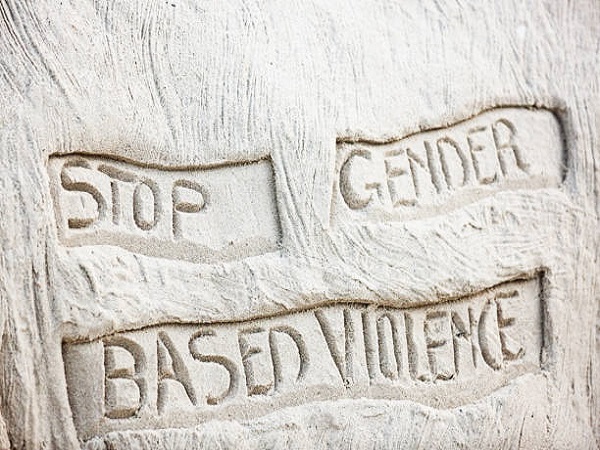The Human Sciences Research Council (HSRC) has released its first Gender-Based Violence (GBV) Study, marking a critical step in addressing South Africa’s alarming GBV crisis. Presented in Pretoria last week, the study provides national prevalence data that aims to inform policy decisions and strengthen the National Strategic Plan on GBV. South Africa continues to grapple with some of the highest global rates of rape, femicide, and domestic abuse. Speaking to VOC News, Dr. Benita Moolman, Senior Researcher at HSRC, elaborated on the study’s findings and their implications.
“For the first time, we have a national prevalence study,” explained Moolman. “Previously, we relied on provincial estimates, which excluded regions like the Northern Cape and Limpopo. This data gives us a comprehensive picture of sexual violence, physical violence, economic abuse, emotional abuse, and controlling behaviours.”
The study represents a departure from reliance on South African Police Service (SAPS) statistics, which Moolman noted were often unreliable due to low reporting rates. Many women avoid reporting incidents to the police to prevent secondary trauma, resulting in an underrepresentation of GBV cases in official records. “This is a significant moment, as we now have national statistics that reflect the extent of the problem,” she emphasized.
Expanded Definitions of GBV
The research not only confirmed high rates of physical and sexual violence but also expanded the scope of GBV to include emotional and economic abuse. “We’re beginning to recognise emotional and economic abuse, not just as concepts, but as serious issues with measurable impacts,” said Moolman.
Key findings included:
- Emotional abuse: 25% of women reported experiencing emotional victimisation in their lifetime, while 33% of men admitted to perpetrating such abuse.
- Economic abuse: 13% of women reported victimisation, with a similar 14% of men acknowledging perpetration.
- Controlling behaviours: 57% of women experienced control from their partners, while 77% of men admitted to engaging in at least one controlling behaviour.
Examples included dictating whom their partners could associate with, how they could dress, or whether they could work or visit family.
“These forms of abuse are integral to intimate partner violence and GBV as a whole,” explained Moolman. “Recognizing and addressing them is crucial to understanding the broader picture of violence in our society.”
Women with Disabilities and Male Victimisation
The study also highlighted the vulnerabilities of women living with disabilities. “For the first time, we have statistics showing that 29% of women with disabilities experience physical violence, and 16% face sexual violence,” said Moolman. “This is significant, as women with disabilities are often overlooked in discussions about victimisation.”
The research further addressed the victimisation of men, a subject often questioned in GBV discourse. “The study found that 2% of men will experience sexual victimisation in their lifetime,” Moolman noted. “While this figure is smaller compared to women, it is nonetheless significant and underscores the need for inclusive interventions.”
Factors Influencing Perpetration and Victimisation
The study identified overlapping risk factors for both victimisation and perpetration. Poor mental health emerged as a common factor influencing physical and sexual violence. “When we think of men as perpetrators of physical violence, we often overlook how poor mental health contributes to these behaviours,” Moolman explained.
Implications for Policy and Action
The HSRC study is expected to shape future interventions by providing a comprehensive and nuanced understanding of GBV in South Africa. “This is a turning point,” Moolman emphasized. “Having reliable national data allows us to address GBV with greater precision and develop policies that reflect the lived realities of survivors.”
By capturing the extent of physical, emotional, and economic abuse, as well as highlighting the plight of women with disabilities and male survivors, the study lays the groundwork for inclusive and data-driven solutions. Addressing GBV in all its forms, Moolman concluded, requires collective action and a commitment to acknowledging the full scope of the problem.
Listen to full audio below:
VOC News
Photo: Pixabay









